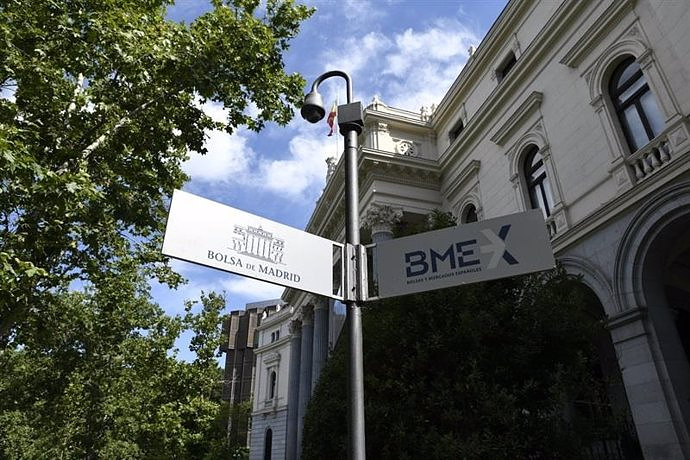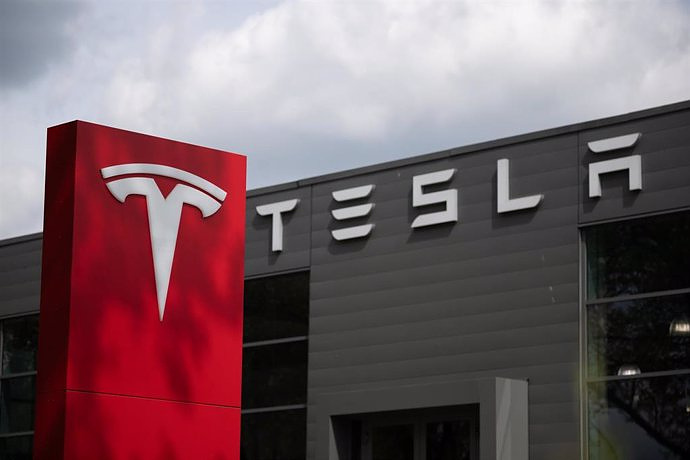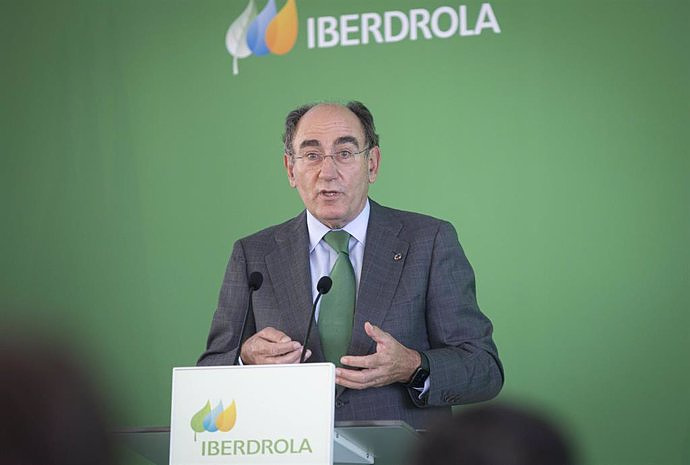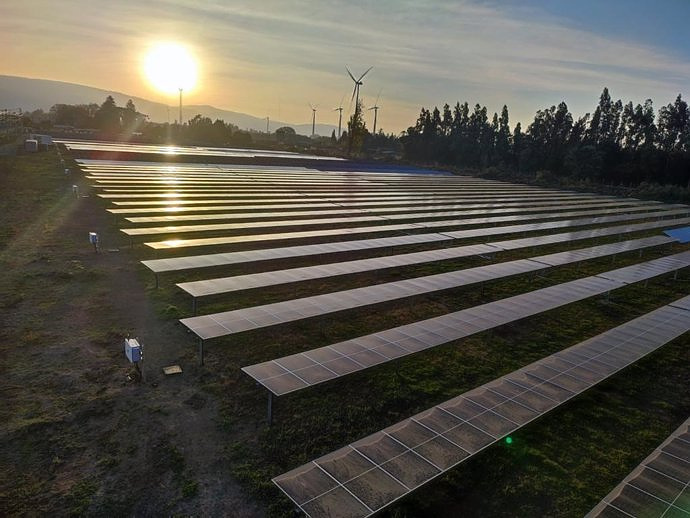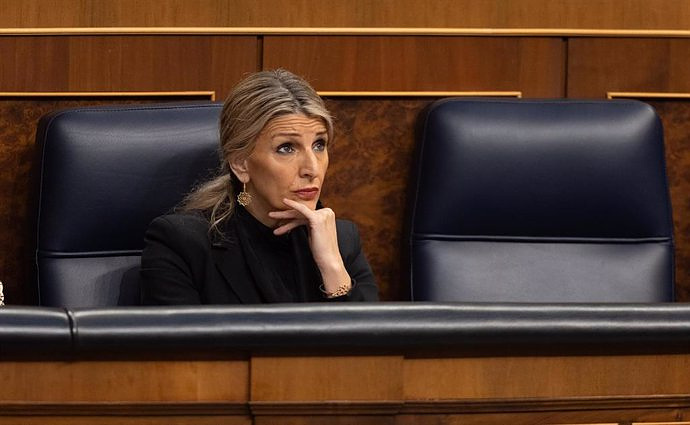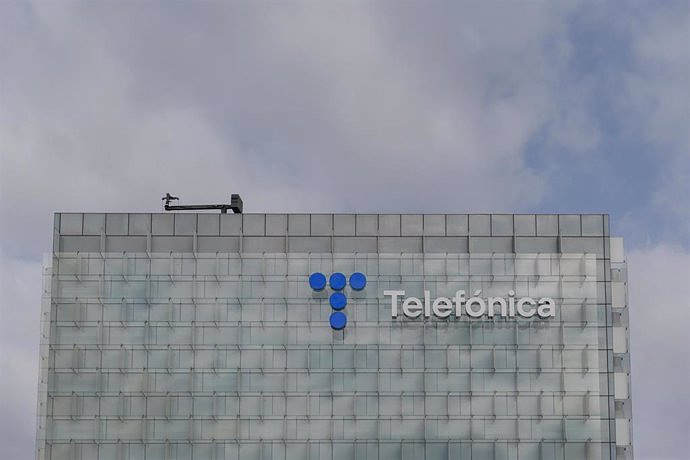MADRID, 6 Dic. (EUROPA PRESS) -
The socialist senator, member of the Peace and International Security Commission, José Cepeda, has proposed that the United Nations lead global cybersecurity, through the implementation of a global infrastructure where countries can share the techniques, tactics and procedures of cyberterrorist groups, in order to avoid threats to countries' critical infrastructures.
Cepeda, who is commissioned by the IPU to prepare the report 'Cyberattacks and cybercrimes, new threats to global security', has made this statement after a meeting held with the President of the United Nations, Faouzia Mebarki, and with the Secretary General of the IPU, Martín Chungong, at the International Convention on the fight against the use of information and communication technologies for criminal purposes.
Likewise, the senator has held a meeting scheduled for the Asia-Pacific region with representatives of China, Bangladesh and Indonesia, as well as the heads of Interpol and the Council of Europe, and this afternoon he is participating in the meeting scheduled for Africa, Europe and the Americas in order to discuss with the United Nations the next steps to take in the protection of vulnerabilities that today put the security of millions of people at risk.
And it is that, as has been revealed during the meetings, cyberterrorists work organized worldwide, so the United Nations could lead a large organization of global cybersecurity infrastructures.
Specifically, it advocates creating a Super World Security Operations Center (SuperSOC) that offers help and protection to countries that, like in a pandemic, without being protected, can be used to (infect) attack others. This mechanism would coordinate other continental security operations centers, which in turn would coordinate the necessary national cybersecurity centers.
In this sense, Cepeda has highlighted the future challenges that lie ahead in the implementation of future quantum technology and its ability to exceed the current cryptological autonomy of countries, as well as possible vulnerabilities in the 5G satellite network or the use of Artificial Intelligence for uses far removed from the Universal Declaration of Human Rights.
In the report prepared by the socialist senator, parliaments in the world are urged to be protected in a special way, classifying them as critical infrastructures, as well as times of special attention, such as electoral processes.
"We must offer a safe, globally trusted cyberspace where the defense and intelligence systems of our countries can have immediate tools and resources and anticipate attacks that put our democracies and the lives of millions of people at risk," Cepeda concluded.

 Exploring Cardano: Inner Workings and Advantages of this Cryptocurrency
Exploring Cardano: Inner Workings and Advantages of this Cryptocurrency Seville.- Economy.- Innova.- STSA inaugurates its new painting and sealing hangar in San Pablo, for 18 million
Seville.- Economy.- Innova.- STSA inaugurates its new painting and sealing hangar in San Pablo, for 18 million Innova.- More than 300 volunteers join the Andalucía Compromiso Digital network in one month to facilitate access to ICT
Innova.- More than 300 volunteers join the Andalucía Compromiso Digital network in one month to facilitate access to ICT Innova.-AMP.- Ayesa acquires 51% of Sadiel, which will create new technological engineering products and expand markets
Innova.-AMP.- Ayesa acquires 51% of Sadiel, which will create new technological engineering products and expand markets The US Senate approves a law that will allow TikTok to be banned if it is not transferred to another company
The US Senate approves a law that will allow TikTok to be banned if it is not transferred to another company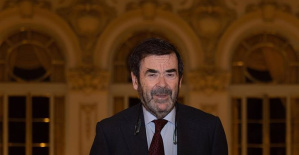 Guilarte believes that Reynders was "naive" when negotiating the CGPJ with PSOE and PP and regrets that there has been no "progress"
Guilarte believes that Reynders was "naive" when negotiating the CGPJ with PSOE and PP and regrets that there has been no "progress"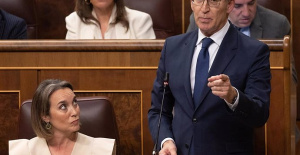 The PP asks the Government to "imitate the transparency" of France to clarify the spying on Sánchez with Pegasus
The PP asks the Government to "imitate the transparency" of France to clarify the spying on Sánchez with Pegasus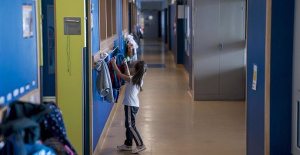 90% of the largest charter schools in Spain charge "illegal" fees, according to an Esade report
90% of the largest charter schools in Spain charge "illegal" fees, according to an Esade report How Blockchain in being used to shape the future
How Blockchain in being used to shape the future Not just BTC and ETH: Here Are Some More Interesting Coins Worth Focusing on
Not just BTC and ETH: Here Are Some More Interesting Coins Worth Focusing on Looking for video games that value the neighborhoods of Valencia
Looking for video games that value the neighborhoods of Valencia UPV researchers improve the efficiency of air conditioning systems using a geothermal heat pump
UPV researchers improve the efficiency of air conditioning systems using a geothermal heat pump València is committed to citiverse and smart tourism to be "the reference technological hub of the Mediterranean"
València is committed to citiverse and smart tourism to be "the reference technological hub of the Mediterranean" Valencia displays its "innovative and technological potential" at the Emerge Americas event in Miami
Valencia displays its "innovative and technological potential" at the Emerge Americas event in Miami A million people demonstrate in France against Macron's pension reform
A million people demonstrate in France against Macron's pension reform Russia launches several missiles against "critical infrastructure" in the city of Zaporizhia
Russia launches several missiles against "critical infrastructure" in the city of Zaporizhia A "procession" remembers the dead of the Calabria shipwreck as bodies continue to wash up on the shore
A "procession" remembers the dead of the Calabria shipwreck as bodies continue to wash up on the shore Prison sentences handed down for three prominent Hong Kong pro-democracy activists
Prison sentences handed down for three prominent Hong Kong pro-democracy activists ETH continues to leave trading platforms, Ethereum balance on exchanges lowest in 3 years
ETH continues to leave trading platforms, Ethereum balance on exchanges lowest in 3 years Investors invest $450 million in Consensys, Ethereum incubator now valued at $7 billion
Investors invest $450 million in Consensys, Ethereum incubator now valued at $7 billion Alchemy Integrates Ethereum L2 Product Starknet to Enhance Web3 Scalability at a Price 100x Lower Than L1 Fees
Alchemy Integrates Ethereum L2 Product Starknet to Enhance Web3 Scalability at a Price 100x Lower Than L1 Fees Mining Report: Bitcoin's Electricity Consumption Declines by 25% in Q1 2022
Mining Report: Bitcoin's Electricity Consumption Declines by 25% in Q1 2022 Oil-to-Bitcoin Mining Firm Crusoe Energy Systems Raised $505 Million
Oil-to-Bitcoin Mining Firm Crusoe Energy Systems Raised $505 Million Microbt reveals the latest Bitcoin mining rigs -- Machines produce up to 126 TH/s with custom 5nm chip design
Microbt reveals the latest Bitcoin mining rigs -- Machines produce up to 126 TH/s with custom 5nm chip design Bitcoin's Mining Difficulty Hits a Lifetime High, With More Than 90% of BTC Supply Issued
Bitcoin's Mining Difficulty Hits a Lifetime High, With More Than 90% of BTC Supply Issued The Biggest Movers are Near, EOS, and RUNE during Friday's Selloff
The Biggest Movers are Near, EOS, and RUNE during Friday's Selloff Global Markets Spooked by a Hawkish Fed and Covid, Stocks and Crypto Gain After Musk Buys Twitter
Global Markets Spooked by a Hawkish Fed and Covid, Stocks and Crypto Gain After Musk Buys Twitter Bitso to offset carbon emissions from the Trading Platform's ERC20, ETH, and BTC Transactions
Bitso to offset carbon emissions from the Trading Platform's ERC20, ETH, and BTC Transactions Draftkings Announces 2022 College Hoops NFT Selection for March Madness
Draftkings Announces 2022 College Hoops NFT Selection for March Madness
